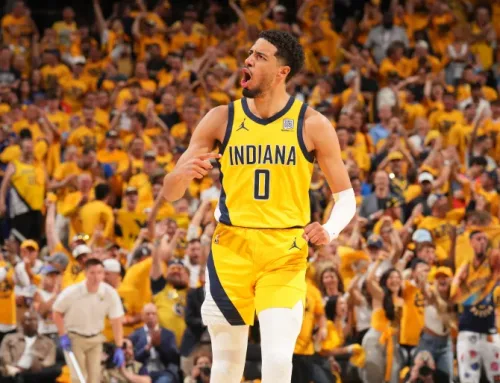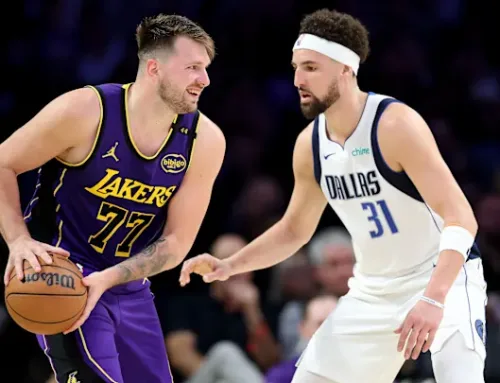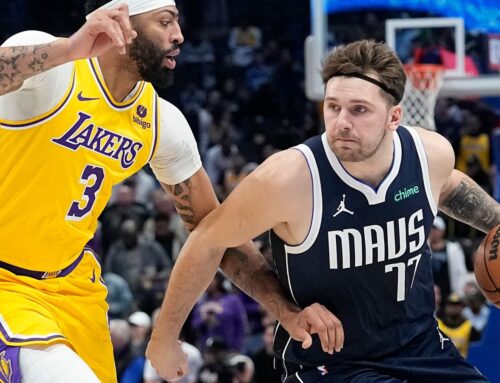The Evolution of Julius Randle
Devin Zanskas
Julius Randle recently won the NBA Most Improved Player trophy for the 2020-2021 season, by averaging 24.1 points, 10.2 rebounds, and six assists per game. When fans consider this award, they may associate it with those who haven’t experienced success before. That might be the case for some, but not necessarily for Julius. In 2014, Julius led the University of Kentucky, to the NCAA National Championship, averaging 15 points and 10.4 rebounds per game. Ironically, Randle’s first tribulations on a basketball court first came when he joined Kobe Bryant and the Los Angeles Lakers, after being selected with that seventh pick in the 2014 NBA Draft. Many may forget that Julius broke his right leg in his first 14 minutes of NBA action. To Randle’s credit, he came out of the gates the next season, and averaged double-digit points and rebounds in 81 games. He also was afforded the opportunity to play alongside Kobe in his final season, where Julius was able to pick up on some elite work habits that have allowed him to reach the heights that he has.
Randle’s heyday was not destined to be surrounded by the glitz and glamour of Lakerland, but he would eventually meet the hopes of those who believed in him. In the Summer of 2018, Julius signed with the New Orleans Pelicans and surpassed the twenty points per game threshold for the first time with 21.4 points per game. Averaging twenty points per game is still an impressive feat to accomplish, despite that four times as many players are doing so now compared to the 2013 season. However, Randle’s naysayers would tell fans that this opportunity only came as a result of the Anthony Davis trade request. Even if that were true, Julius would have no reason to care because he still earned a $20.7 million average annual salary from the New York Knicks the following year. In his first season with the Knicks, Randle’s scoring totals went back down slightly below twenty points per game, but it’s understandable considering the criticism the team faced for adding not only Julius, but also Bobby Portis, Taj Gibson, Elfrid Payton, and RJ Barrett, who didn’t provide him enough spacing.
Although his first season with the Knicks didn’t play out the way he had dreamt, his and the Knicks’ success would turn around better than anyone could’ve foreseen. Instead of making a splash in free agency, the Knicks decided to do the opposite compared to the offseason prior, and maintain cap flexibility while they develop their young talent. Perhaps the most notable addition for the Knicks this season was naming Tom Thibodeau their new head coach. Thibodeau proved to still be one of the top-tier coaches in the league, by getting the most out of Julius. Julius was recently a guest on the Woj Pod, and he shared the genesis of the arrival of Thibodeau, “Wes [William Wesley] called me, like ‘Yo, what do you need to be an all-star?’ and one of the things I told him was ‘I really need a coach to hold me accountable and a coach to push me.” That quote alone explains to those who may not be following, why the Knicks would hire an esteemed coach like Thibodeau if their free agency would suggest that they’re taking a long-term approach to team building. However, maybe the Knicks cracked the code, and found that to bring in the high-end talent they’ve been searching for they need to develop what they’ve had, and make their star an attractive offensive engine to play with.




